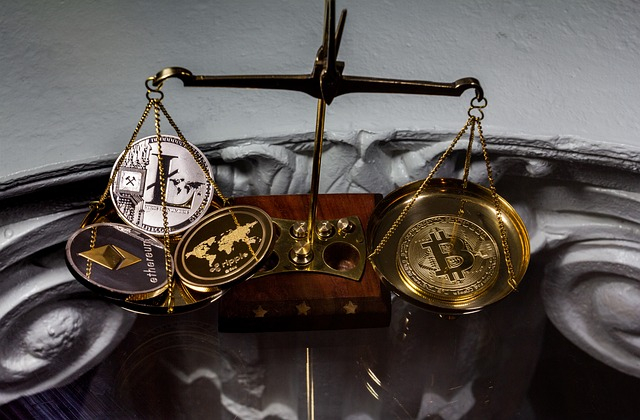Cryptocurrency regulation and international trade: How regulations impact cross-border cryptocurrency transactions
 In this erudite exposition, we shall traverse the intricate nexus between cryptocurrency regulation and international trade, endeavoring to illuminate the multifarious ways in which regulatory frameworks are shaping the landscape of cross-border cryptocurrency transactions and to discern the implications for the future of global commerce in the age of digital assets. Regulating cryptocurrencies in a globalized world: A conundrum of epic proportionsAs the cryptocurrency revolution continues to unfold, regulators find themselves grappling with a conundrum of epic proportions, as they seek to develop coherent and effective regulatory frameworks that can accommodate the inherently decentralized and borderless nature of digital assets while preserving the stability and integrity of the international financial system. This Herculean task has given rise to a veritable mosaic of regulatory approaches, each reflecting a unique admixture of priorities, concerns, and aspirations. The impact of regulatory frameworks on cross-border cryptocurrency transactions: A multifaceted relationshipThe relationship between regulatory frameworks and cross-border cryptocurrency transactions is a multifaceted and complex one, characterized by an intricate interplay between the forces of control and the exigencies of innovation:
Regulatory approaches to cross-border cryptocurrency transactions: A panoply of strategiesAs regulators strive to strike an elusive balance between preserving stability and fostering innovation in the realm of cross-border cryptocurrency transactions, a panoply of regulatory strategies has emerged, each exerting its own unique influence on the development and trajectory of the global market for digital assets:
Conclusion: Envisioning a more harmonious and integrated future for cross-border cryptocurrency transactionsIn summation, as the cryptocurrency revolution continues to gather momentum, regulators face the formidable challenge of developing coherent and effective regulatory frameworks that can accommodate the inherently decentralized and borderless nature of digital assets while preserving the stability and integrity of the international financial system. By embracing a spirit of cooperation and collaboration, and by fostering the harmonization and standardization of regulatory frameworks across jurisdictions, it may yet be possible to chart a course towards a more harmonious and integrated future for cross-border cryptocurrency transactions, one that unleashes the full potential of digital assets as a transformative force in the realm of global commerce. Article and video for topic: Cryptocurrency regulation and international trade: How regulations impact cross-border cryptocurrency transactions. Author: Jonathan Burroughs |





